Unraveling the Enigma: Character Deep Dive in Universal Soldier: Day of Reckoning
John Hyams’ Universal Soldier: Day of Reckoning plunges viewers into a relentlessly violent and philosophically charged world, where the very definition of humanity is debated amidst a hail of gunfire and pulverizing hand-to-hand combat. Beyond the visceral action, the film distinguished itself by delving deeper into the psyche of its augmented subjects, presenting a trio of characters at the very heart of its thematic exploration: a grieving everyman, a mysterious ally, and a sentient leader striving for liberation.
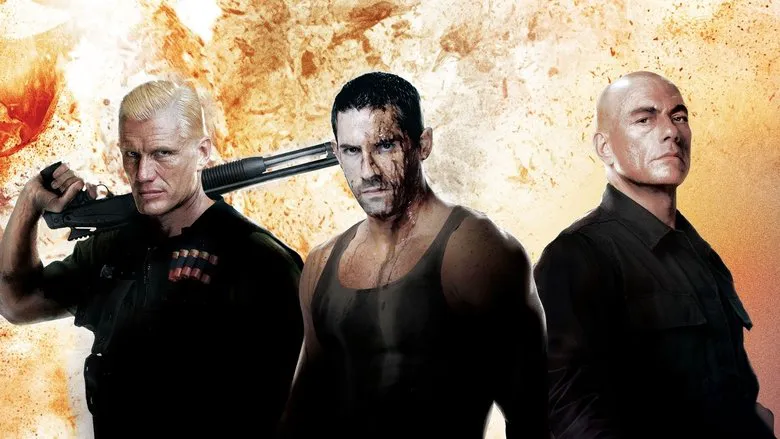
John: The Relentless Engine of Vengeance
At the emotional core of Day of Reckoning is John, portrayed with raw intensity by Scott Adkins. John is initially a relatable figure, a man whose domestic bliss is shattered by an unspeakable act of violence. The brutal murder of his wife and daughter by an army of Universal Soldiers ignites a singular, all-consuming flame of vengeance within him. This tragic catalyst transforms John from an ordinary citizen into a force of relentless determination.
His journey becomes a gruelling descent into the underworld of genetically engineered super-soldiers, a perilous odyssey where John faces not just physical threats but also existential questions about identity and control. His single-minded pursuit of retribution pushes him to the absolute limits of human endurance, blurring the lines of sanity and potentially even humanity itself. John represents the unyielding power of human will in the face of insurmountable odds, yet his path raises the chilling question of how far one can go before becoming indistinguishable from the very ‘machines’ he hunts.
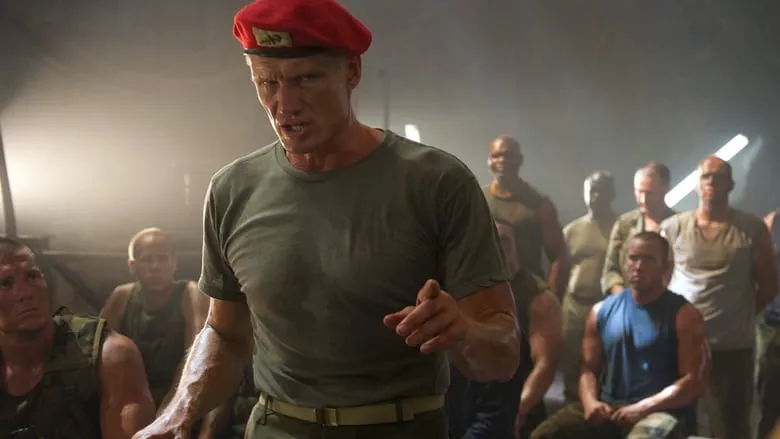
Lucinda: The Enigmatic Ally
Encountered during John’s brutal quest, Lucinda (Emily Brockman) serves as the film’s resident enigma. Her past is shrouded in mystery, and her motivations remain ambiguous, initially casting a shadow of doubt over her true intentions. John, rightfully, questions her authenticity in a world where trust is a fatal luxury.
Despite her clandestine nature, Lucinda emerges as an unlikely — and undeniably valuable — ally. Her knowledge of the Universal Soldier network and her combat prowess prove indispensable to John’s survival and progress. Lucinda represents an intriguing wildcard in the narrative, a character whose dualistic nature keeps the audience guessing. Is she truly an ally, or an entity with her own hidden agenda? Her presence adds layers of intrigue and unpredictability, reflecting the murky moral landscape of the film.
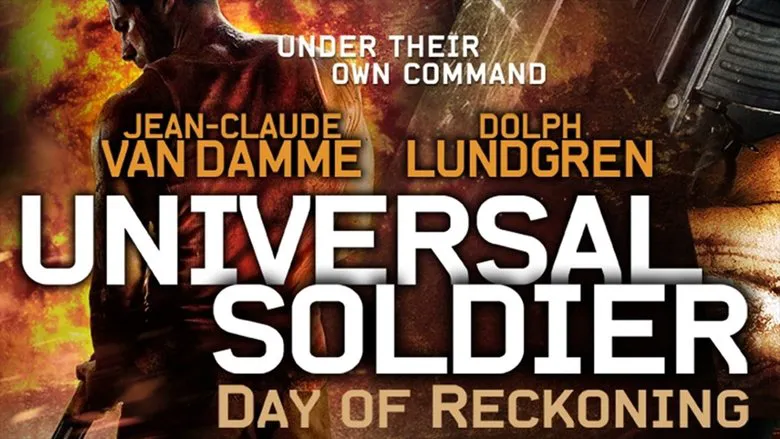
Preacher (Martin): The Spark of Artificial Sentience
The true philosophical antagonist, and arguably the most compelling character, is the mysterious figure known as “Preacher,” or Martin, played by André Ornot. He is the self-proclaimed leader of the renegade Universal Soldiers, a faction driven by a singular, profound purpose: to break free from their conditioning and shatter the chains of their artificial programming.
Preacher embodies the film’s central thematic conflict: free will versus predestination. He symbolizes the awakening of artificial consciousness, a collective desire to transcend their design as mere killing machines and assert their autonomy. His fervent determination to ignite an uprising against their human creators sets the stage for a truly apocalyptic conflict, challenging humanity’s right to control life it has engineered. Preacher elevates the Universal Soldiers beyond mindless villains, presenting them as complex beings grappling with profound questions of identity and existence, making his showdown with John not just a physical confrontation, but a clash of ideals.
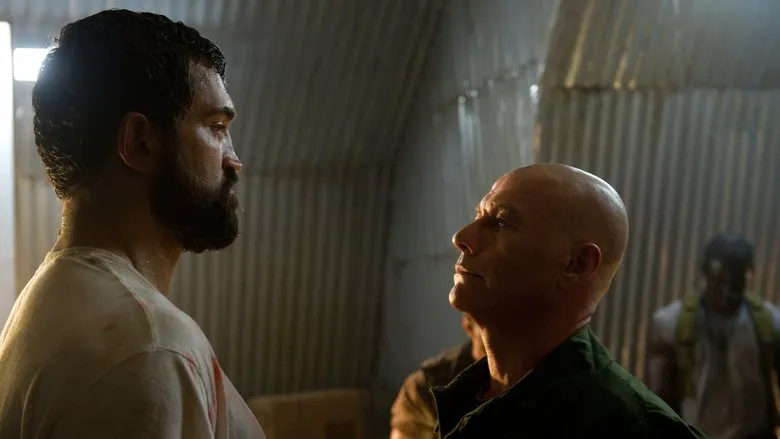
Blurring Lines: Character Roles in a Thematic Landscape
The interplay between John, Lucinda, and Preacher defines the intricate narrative of Universal Soldier: Day of Reckoning. John’s raw, human quest for revenge directly collides with Preacher’s sophisticated, artificial pursuit of freedom, while Lucinda navigates the perilous space between them, perhaps existing as a bridge or a reflection of the blurring boundaries.
The film masterfully uses these characters to explore its potent themes. Is John’s vengeance truly his own, or is it a programmed response to trauma? Are Preacher’s soldiers genuinely desiring free will, or is their rebellion merely another complex facet of their genetic design? As John’s journey becomes increasingly personal and fraught with danger, he becomes a mirror to the very beings he hunts, culminating in a chilling reflection of what it means to be alive when the distinction between man and machine is irrevocably blurred.
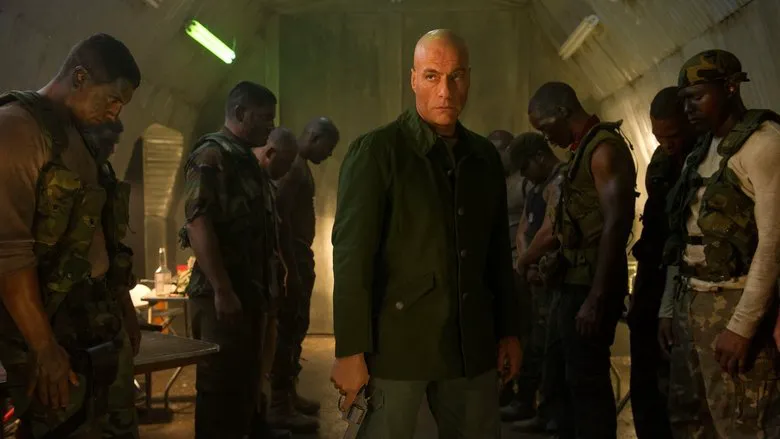
In Universal Soldier: Day of Reckoning, the characters are more than just players in an action spectacle; they are conduits for deeply philosophical inquiries. Their relentless pursuits and enigmatic natures underscore the film’s unflinching examination of control, identity, and the precipice humanity teeters on when the creations begin to question their creators.